UK economy rebounds by 0.5% despite cost-of-living crisis
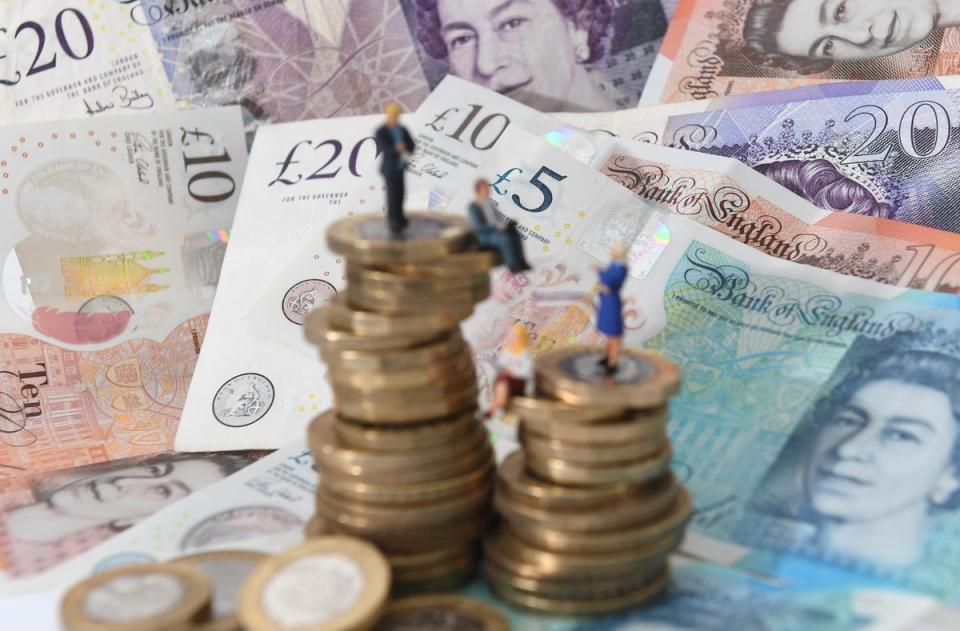
The UK economy has returned to growth, defying expectations with a rebound of 0.5 per cent in gross domestic product (GDP) in May despite the cost of living crisis.
The Office for National Statistics (ONS) said the rise in GDP came after a bounce back across all three main sectors of the economy – services, manufacturing and construction – even as inflation hit its highest level since the 1980s.
It follows two consecutive months of contraction in GDP, however April’s figures were revised upwards to a fall of 0.2 per cent, from a drop of 0.3 per cent in the previous estimation by the ONS.
Responding to the news, chancellor Nadhim Zahawi said: “It’s always great to see the economy growing but I’m not complacent. I know people are concerned, so we are continuing to support families and economic growth.
“We’re working alongside the Bank of England to bear down on inflation and I am confident we can create a stronger economy for everyone across the UK.”
The economy’s performance in May is better than expected, with analysts having predicted growth of just 0.1 per cent amid fears the UK could be sliding into recession.
Health was the biggest driver of the growth seen in May as many more people visited their GPs, despite the Covid-19 test and trace and vaccination programmes winding down, said Darren Morgan, director for economic statistics at the ONS.
Growth in the all-important services sector was also boosted as summer holidays were firmly back on the agenda, with output in the travel agency and tour operation industry surging by 11 per cent, according to the ONS.
“Road hauliers also had a busy month while travel agencies fared well with pent-up demand for summer holidays,” Mr Morgan said. “There was widespread growth across manufacturing after several tough months while construction also fared well with housebuilding and office refurbishment driving growth.”
But despite the economy’s better performance in May, inflationary pressures could cause growth to falter, Mr Morgan warned.
“Between May and June, half of businesses reported an increase in the price of goods and services they’d bought, but only just under a fifth said they’d increased the price of goods and services they sell,” he told BBC Radio 4’s Today programme.
“A lot of businesses are not really passing on the price increases they are experiencing and they are expecting those price increases to continue. If we move on to households, nine in ten people reported that their cost of living continues to increase.
“What economic commentators and policymakers will be considering is will the growth in the economy we’ve seen in May continue? Or will the headwinds we are hearing about from businesses and households mean the economy will revert to the weaker growth we saw in February, March and April?”
The growth means that output rose by 0.4 per cent in the three months to May 2022, according to the ONS.
The data showed that growth in consumer-facing services fell by 0.1 per cent in May 2022, driven by a 0.5 per cent fall in retail trade as consumers reined in their spending amid cost pressures.
But overall, services output still grew by 0.4 per cent in May, while manufacturing rose by 1.4 per cent and construction lifted by 1.5 per cent, marking its seventh month of growth.
The latest figures come as Conservative MPs bid to succeed Boris Johnson, after the prime minister was forced to step down by an unprecedented slew of ministerial resignations.
UK news in pictures
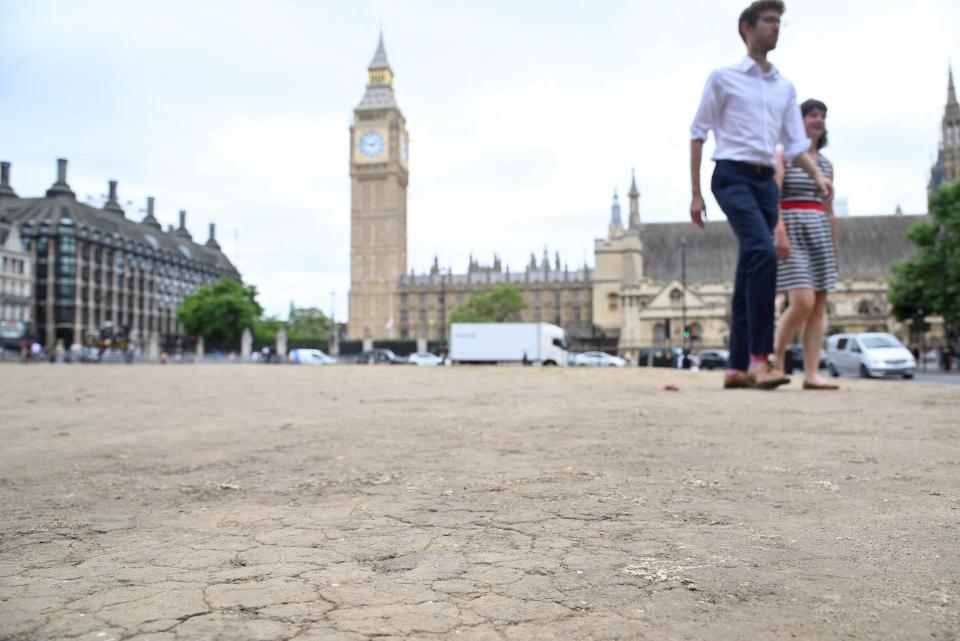



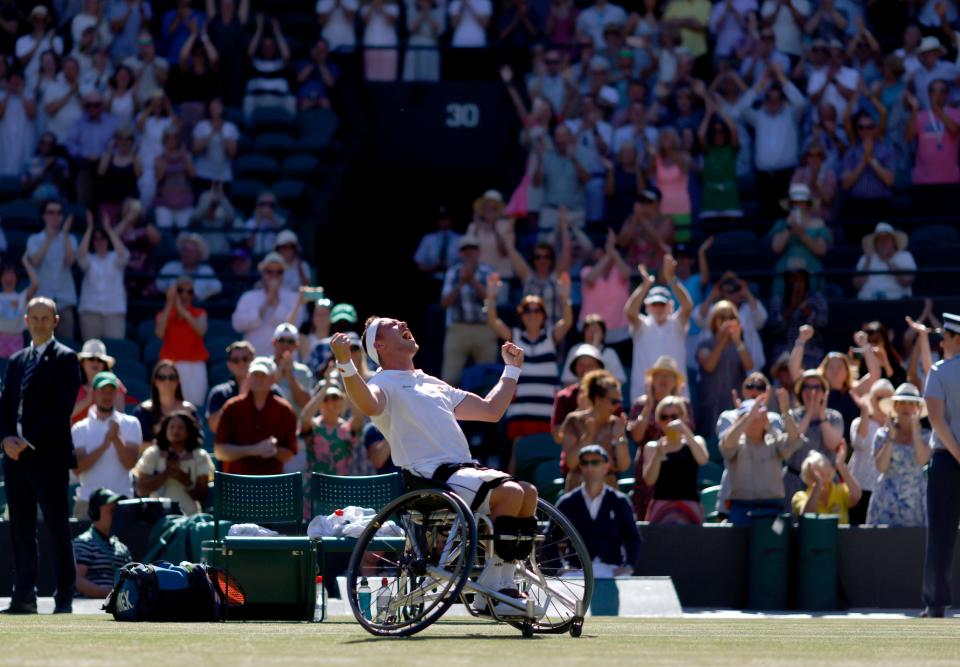

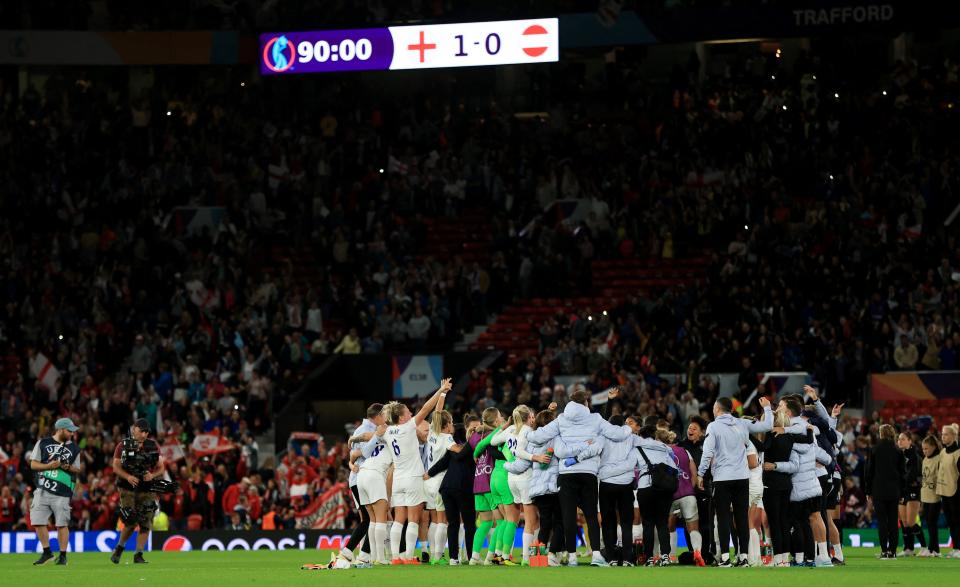
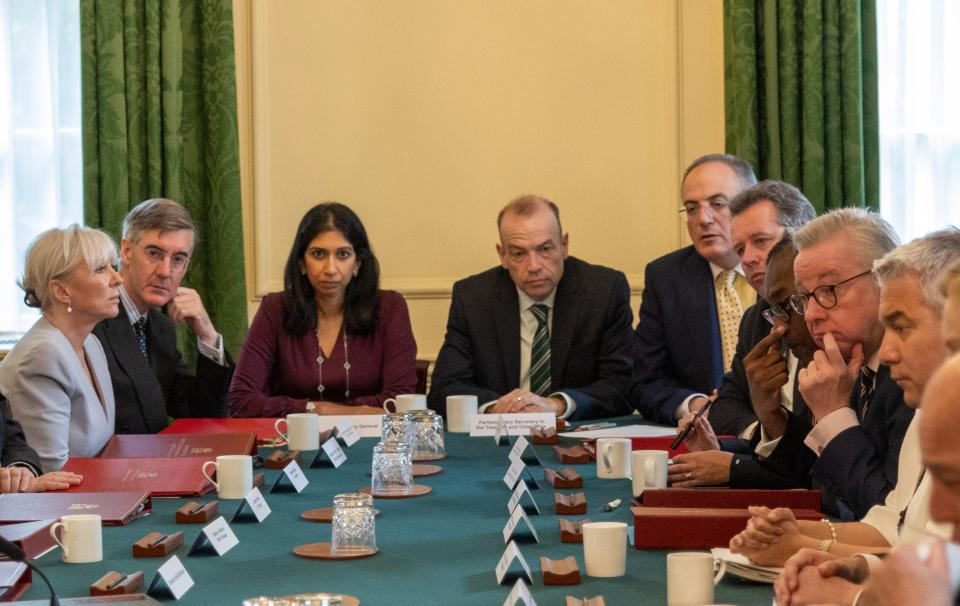

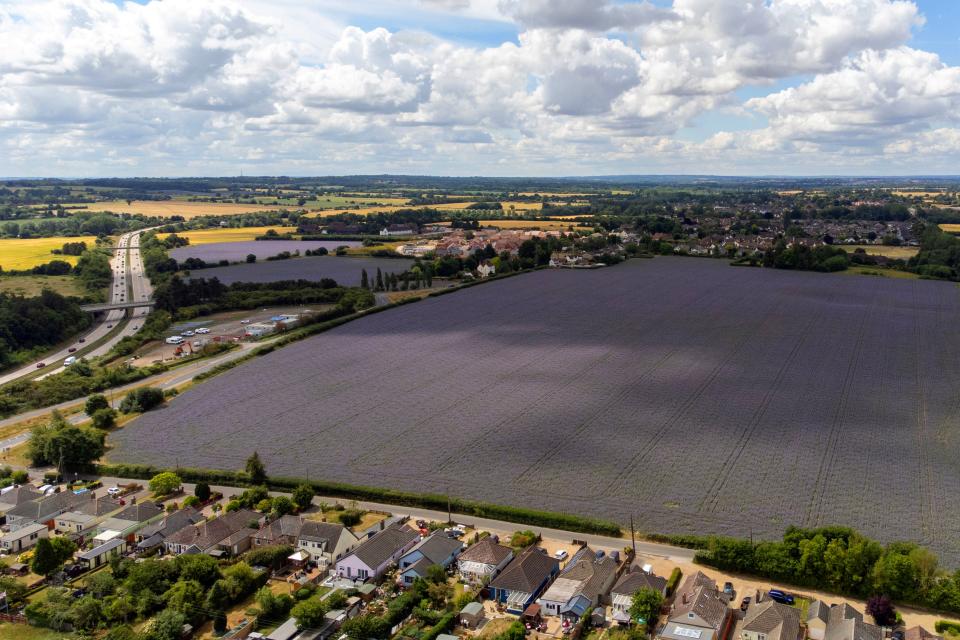

Nearly all of the contenders have pledged instant tax cuts as they jostle for favour among the Tory MPs and party faithful who will decide the leadership race’s outcome – with ex-chancellor Rishi Sunak having drawn the ire of rivals for branding their plans a “fairytale”.
In turn, former health secretary Jeremy Hunt attacked Mr Sunak’s planned rise in corporation tax, telling LBC on Tuesday: “I’m worried that on our current trajectory, we’re heading into recession, and we’ll be there for too long ... I was very worried when he announced his Budget.”
In an open letter to candidates, the director general of the CBI business group Tony Danker urged them to “develop serious, credible and bold plans for growth”.
“Growth that relies on only government or household consumption is doomed to fail, especially at a time of rising inflation and high debt,” he wrote, insisting that tax changes that address “our nation’s longstanding poor performance on business investment” must be the priority.
Addressing the latest figures on Tuesday, the CBI’s lead economist Ben Jones warned of volatility in the current GDP data.
“This is in part due to the impact of the Jubilee bank holidays, and this noise will continue to obscure the true state of the economy over the next few months,” Mr Jones said.
“In reality, CBI surveys and real-time data point to subdued economic momentum. The priority of the next prime minister must be getting the economy growing again.”
Additional reporting by PA

 Yahoo Finance
Yahoo Finance 